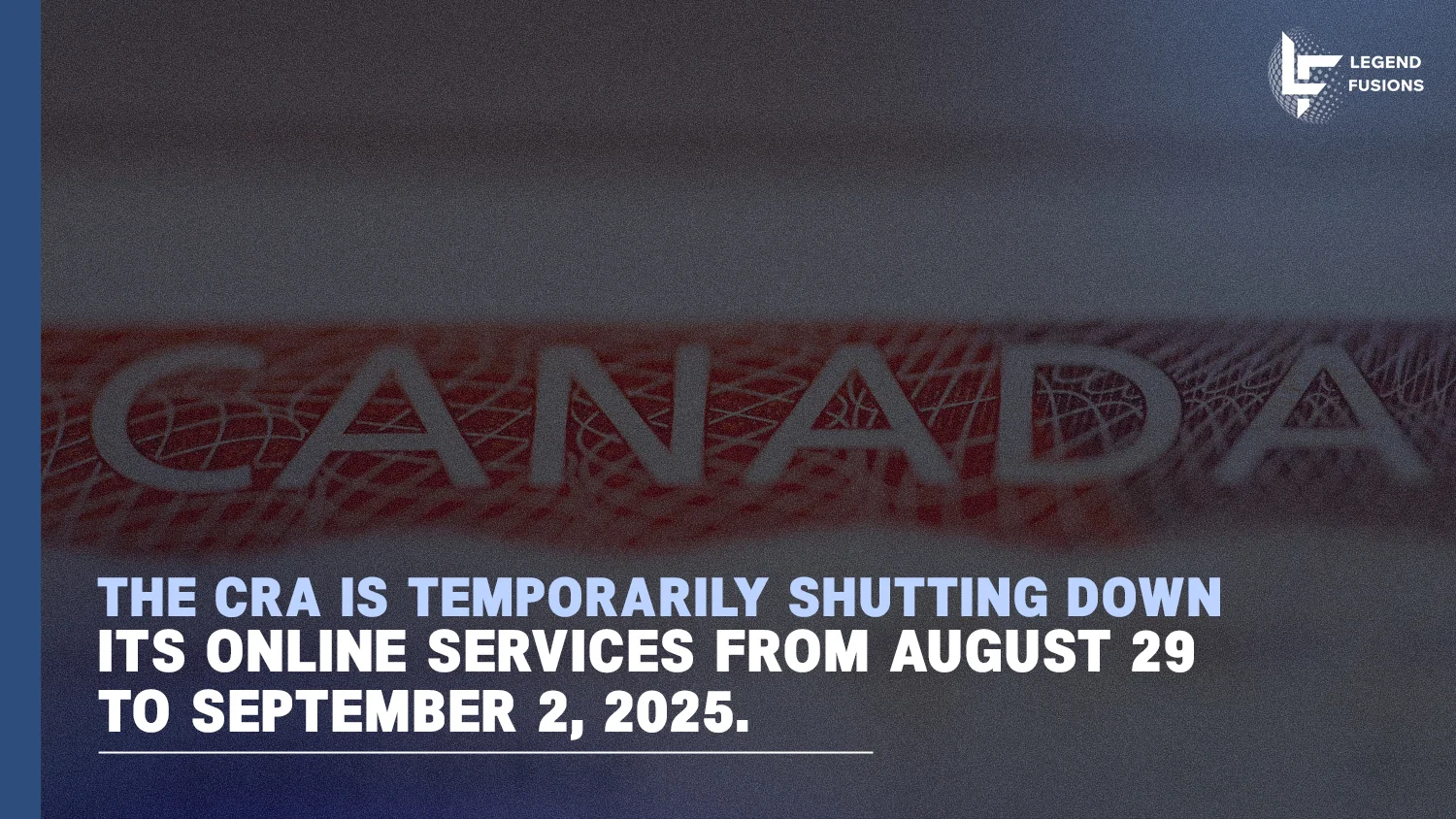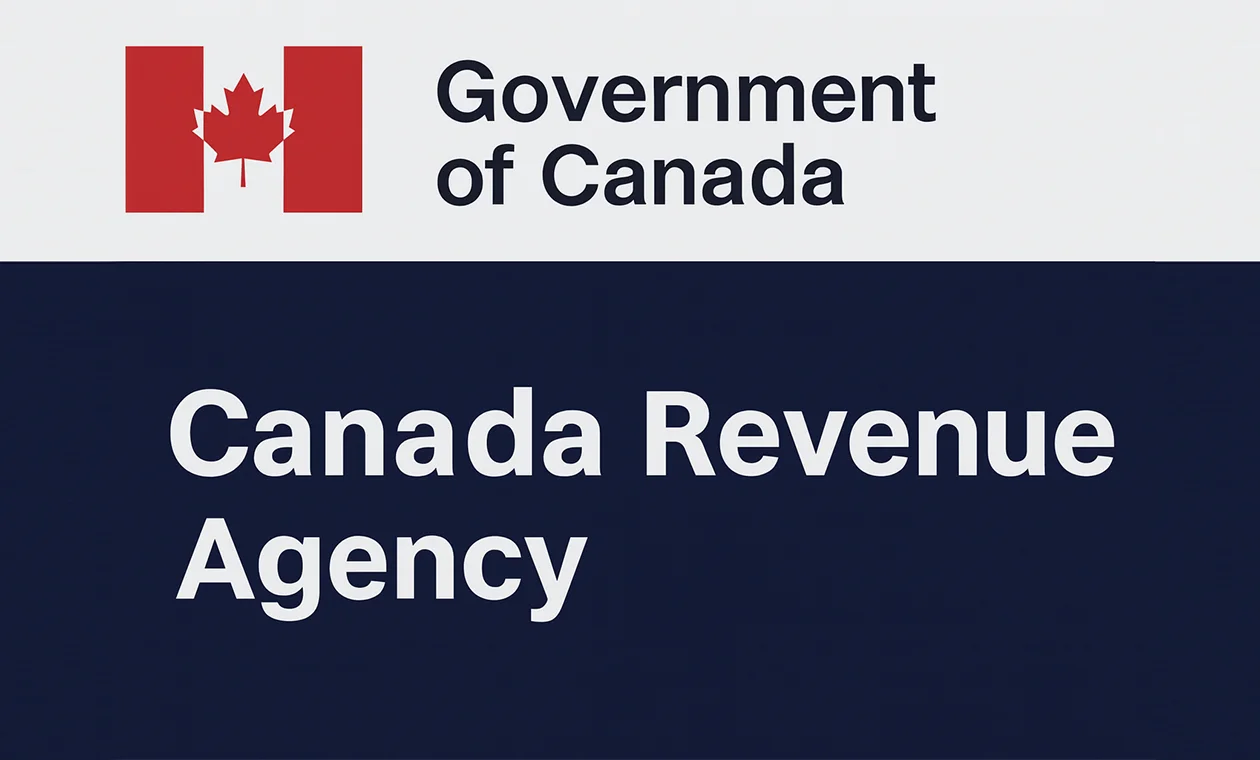The CRA has announced a planned CRA services shutdown for its EFILE service as well as other online portals. This major tax filing outage is a result of a system migration to new data centers.
The service interruption is scheduled to begin on Friday, August 29, 2025, at 8:00 p.m. Eastern Time (ET) and is expected to last until Tuesday, September 2, 2025, at 6:00 a.m. ET. The CRA notes there is a possibility the outage could be extended to Wednesday, September 3, 2025.

During this time, a wide range of electronic services will be unavailable, including:
- EFILE for Individuals (T1), Corporations (T2), and Trusts (T3)
- Auto-fill my return (AFR)
- ReFILE service
- My Account and My Business Account portals
- Client Data Enquiry
- Notice of assessment via Tax Software
What You Can Do to Minimize Disruptions
This outage is a necessary step for improving the CRA’s systems. By being prepared, you can make sure your plans aren’t interrupted.
- Plan Ahead: If you or your clients have any urgent filings or payments due around the end of August or early September, complete them well in advance of the August 29 shutdown.
- Access Documents Early: If you need to access any client information or documents from the CRA portals for upcoming work, download and save them before online services go down.
- Communicate with Clients: Advise your clients of the service interruption to manage expectations, especially if their returns or applications are affected by the downtime
Contact Legend Fusions today to ensure your filings are complete well before the shutdown!

Jeffrey Ross
Jeffrey Ross is an experienced tax accountant focused on US-Canada cross-border taxation, with over three years in the industry, including a key role as client manager at a Canadian tax firm. He provides expertise in corporate and personal tax planning, specializing in non-resident tax, capital gains, CRA and IRS compliance, and retirement planning. Known for his personalized approach, Jeffrey is dedicated to guiding clients with clear, practical advice tailored to complex tax scenarios, aligned with the evolving tax laws.

